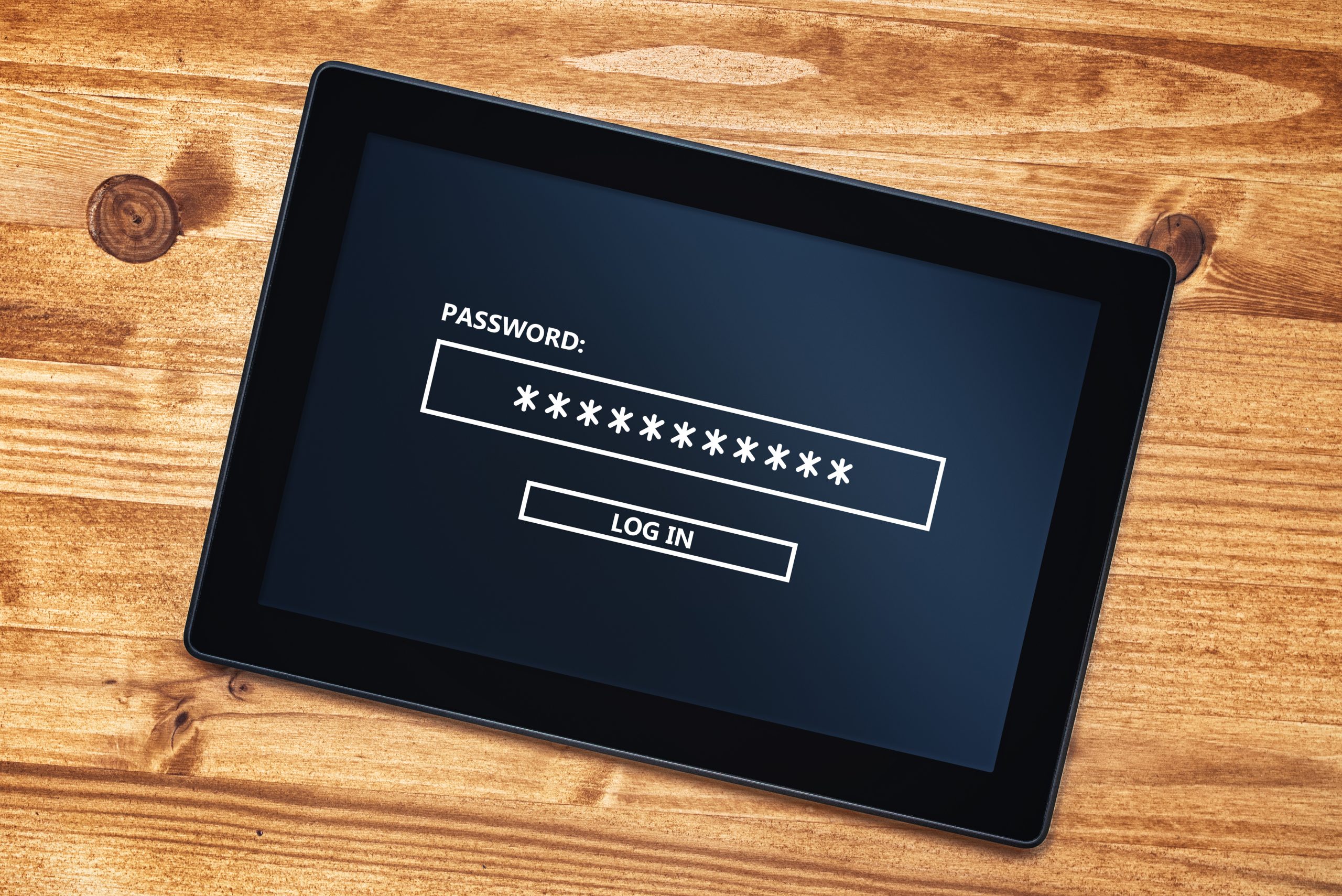Navigating Digital Assets When Settling an Estate
April 9, 2024 | Tyler W. Eubank
Navigating the estate settlement process after the death of a loved one is an emotional and confusing matter for many people. The existence of password-protected online accounts can further complicate this process. So, what can you do about these “digital assets”? Keep reading to learn more on the specifics of navigating digital assets when settling an estate.
Revised Uniform Fiduciary Access to Digital Assets Act
The Revised Uniform Fiduciary Access to Digital Assets Act (RUFADAA) is a uniform law that has been adopted by nearly all U.S. states, including Minnesota. RUFADAA dictates which digital assets fiduciaries may or may not gain access to when settling an estate. A digital asset is any electronic record in which a person has an interest. This encompasses basically any online account you may have, such as online banking service accounts, accounts from which you pay bills, email, social media, cloud-based storage, and more.
Plan Ahead
When it comes to digital assets, the best thing that you can do is plan ahead. Make sure your estate plan explicitly authorizes or prohibits access to your digital assets. Keep account usernames and passwords somewhere safe where they can be accessed by a trusted individual in the event of your passing. Many accounts also allow you to designate someone to take care of the account if you are no longer able to.
RUFADAA treats certain types of digital assets differently. Digital assets that contain personal content, such as emails and text messages, are afforded a higher degree of privacy. If you want someone to have access to the content of your electronic communications when you pass, it must be explicitly stated in your estate plan.
Access After Death
If your loved one has already passed and did not plan for the succession of digital assets in their estate plan, there are other ways you may be able to access their digital assets. In such a case, the rules of RUFADAA and the terms of service of the custodian of the asset—think Facebook, Google, Wells Fargo, etc.—will take over. The first place to look is tangible property, such as laptops and cell phones, over which the fiduciary has authority. The fiduciary has the right to access that property and any digital asset stored in it.
If you are still unable to access the digital asset(s), the personal representative may be able to request disclosure of the digital assets through the court system.
We Can Help You
Navigating digital assets when settling an estate may be complicated but not impossible. If you have a concern related to future access to your digital assets or those of a loved one, our estate planning team is here to help! Please contact one of the experienced attorneys at Barna, Guzy & Steffen today.
Ellie Steiner contributed to this blog.


